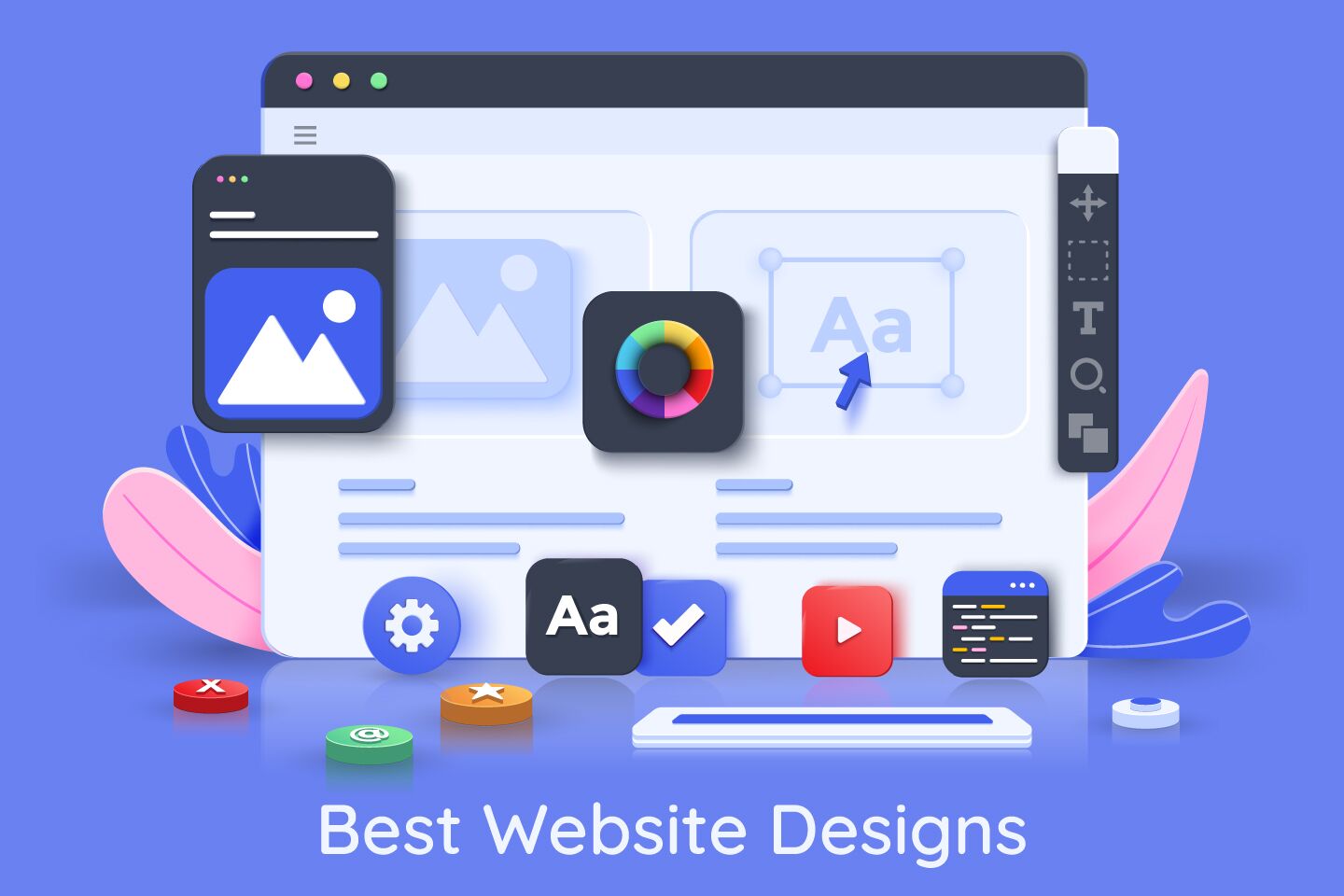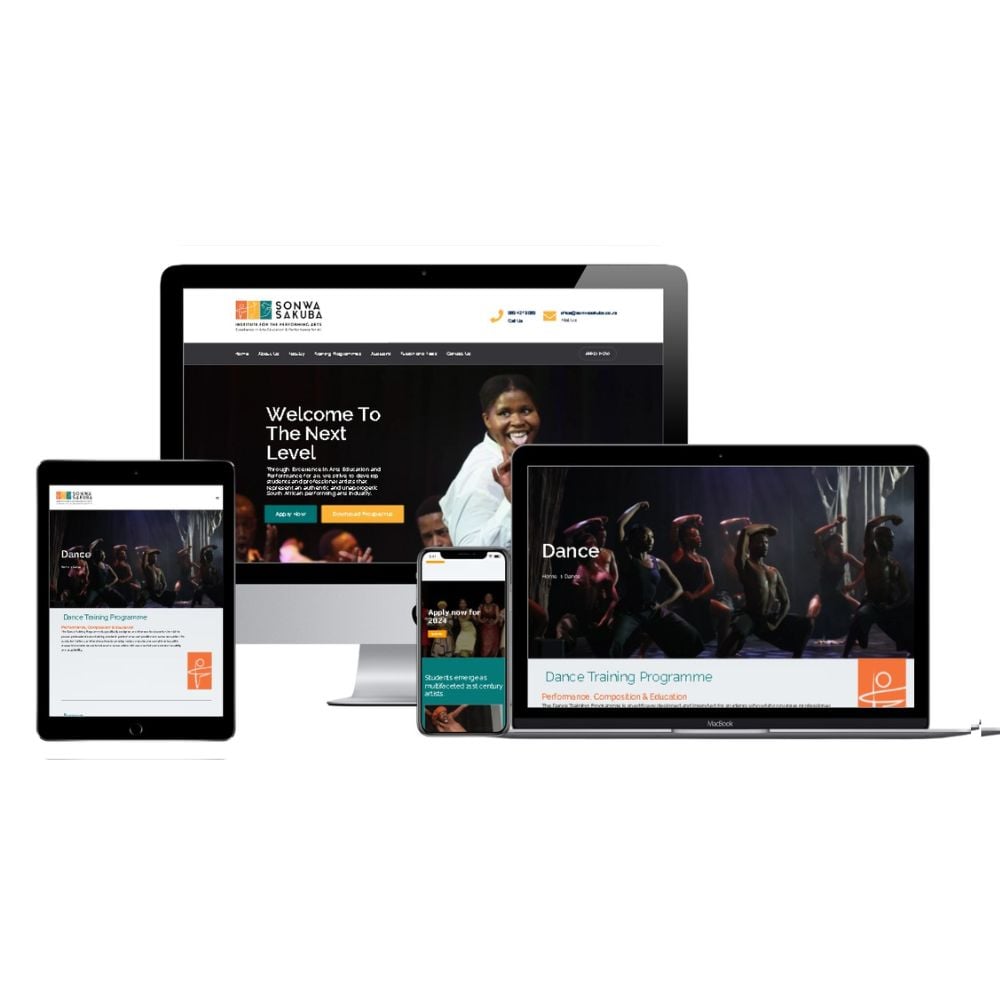Top Tips for Producing an Impactful Website Style That Transforms
In today's electronic landscape, the importance of an impactful web site layout can not be overstated, specifically when it pertains to transforming site visitors right into clients. To attain this, one must think about a variety of variables, consisting of recognizing the target market, focusing on individual experience, and maximizing for mobile platforms. Moreover, the calculated use compelling call-to-actions and a well-defined aesthetic pecking order plays an essential function in directing individuals via their journey. As we explore these crucial components, it comes to be obvious that the success of your internet site rests on even more than simply visual appeal; it requires a thoughtful technique to design and functionality.

Understand Your Target Target Market
Recognizing your target market is fundamental to reliable website style, as it prepares for producing an engaging user experience. Identifying that your individuals are, including their demographics, choices, and habits, makes it possible for designers to tailor the website's material, design, and functionality to fulfill particular demands.
Carrying out thorough marketing research is critical in this process. Surveys, meetings, and analytics can provide useful insights right into customer assumptions and pain points. By compiling this data, designers can create customer identities that represent various sectors of the audience, making certain that design choices are educated and pertinent.
In addition, comprehending the target market assists in selecting proper layout elements such as color pattern, typography, and images that resonate with users. A site that speaks directly to its target market cultivates a feeling of link and trust fund, encouraging longer sees and higher conversion rates.
Inevitably, a user-centered approach to site style not only boosts customer satisfaction yet likewise sustains organization purposes by driving interaction and commitment. By focusing on the needs and preferences of the target market, an internet site can effectively serve its function and achieve desired results.
Prioritize User Experience
To improve the total efficiency of a site, focusing on user experience (UX) is essential (Website Design). A properly designed UX ensures that visitors can browse the website easily, locate info quickly, and involve with material meaningfully. This leads to enhanced individual satisfaction and higher conversion rates
Begin by applying intuitive navigation. Menus must be realistically structured, allowing customers to find key locations of the site with marginal initiative. Uniformity in layout aspects, such as color plans and font styles, fosters experience, which is essential for keeping user engagement.
In addition, consider the loading rate of your site. A delay of just a few seconds can lead to substantial drop-offs, as individuals are less most likely to await a slow-loading web page. Streamlining pictures and optimizing code can enhance performance and preserve visitors.
Moreover, quality in content presentation is essential. Usage succinct, interesting language and damage up message with visuals to enhance readability. By focusing on individual experience, you not only create an extra enjoyable atmosphere for visitors but also reinforce your brand's reputation. Inevitably, an emphasis on UX is an investment in the lasting success of your site.
Maximize for Mobile Instruments
Enhancing for smart phones is vital in today's electronic landscape, where a raising number of customers accessibility websites with smartphones and tablet computers. A mobile-friendly style not just improves individual experience yet also plays a substantial role in enhancing online article source search engine positions. To attain this, it is important to take on a receptive design that instantly adapts to different screen dimensions and positionings.

Loading rate is one more essential aspect; mobile individuals are normally less patient and expect quick access to information. By prioritizing mobile optimization, you make sure that Full Report your site continues to be competitive and efficiently involves a broader audience.
Usage Compelling Call-to-Actions
A website's efficiency frequently rests on its capacity to lead site visitors towards desired actions, making engaging call-to-actions (CTAs) necessary parts of style. CTAs function as the essential points that guide customers to involve with the site, whether that indicates buying, registering for a newsletter, or downloading and install a resource.
To create reliable CTAs, clearness is critical. Use concise language that plainly interacts the activity you desire the individual to take.
Additionally, the style of CTAs ought to attract attention without being obtrusive. Use contrasting shades and clear font styles to ensure they catch interest. Furthermore, think about using directional signs, such as arrowheads or photos, to assist users towards these switches. By concentrating on these elements, businesses can significantly boost user interaction, driving conversions and ultimately attaining their web site's goals.
Emphasis on Visual Pecking Order
Effective web site design depends heavily on a well-structured visual pecking order that overviews individuals via content seamlessly. By organizing elements in a fashion that prioritizes details, developers can enhance individual experience and facilitate decision-making. This includes making use of dimension, shade, comparison, and spacing strategically to accentuate the most important components of a website.
Making use of bigger fonts for headings and subheadings develops a clear distinction between various areas, enabling individuals to check material effortlessly. In addition, utilizing different colors for switches and calls-to-action can record individual attention and encourage interaction. Whitespace is one more crucial part; it avoids mess and enables users to concentrate why not find out more on vital messages without interruptions.
Photos and graphics ought to match the text while also adhering to the well established pecking order, strengthening the total message (Website Design). Consistency in style aspects, such as color plans and typography, further enhances the visual hierarchy, making navigating instinctive

Verdict
In final thought, efficient site layout requires a comprehensive understanding of the target audience, prioritization of customer experience, and mobile optimization. Inevitably, a well-executed website design serves as a critical part in driving customer activities and achieving organization goals.